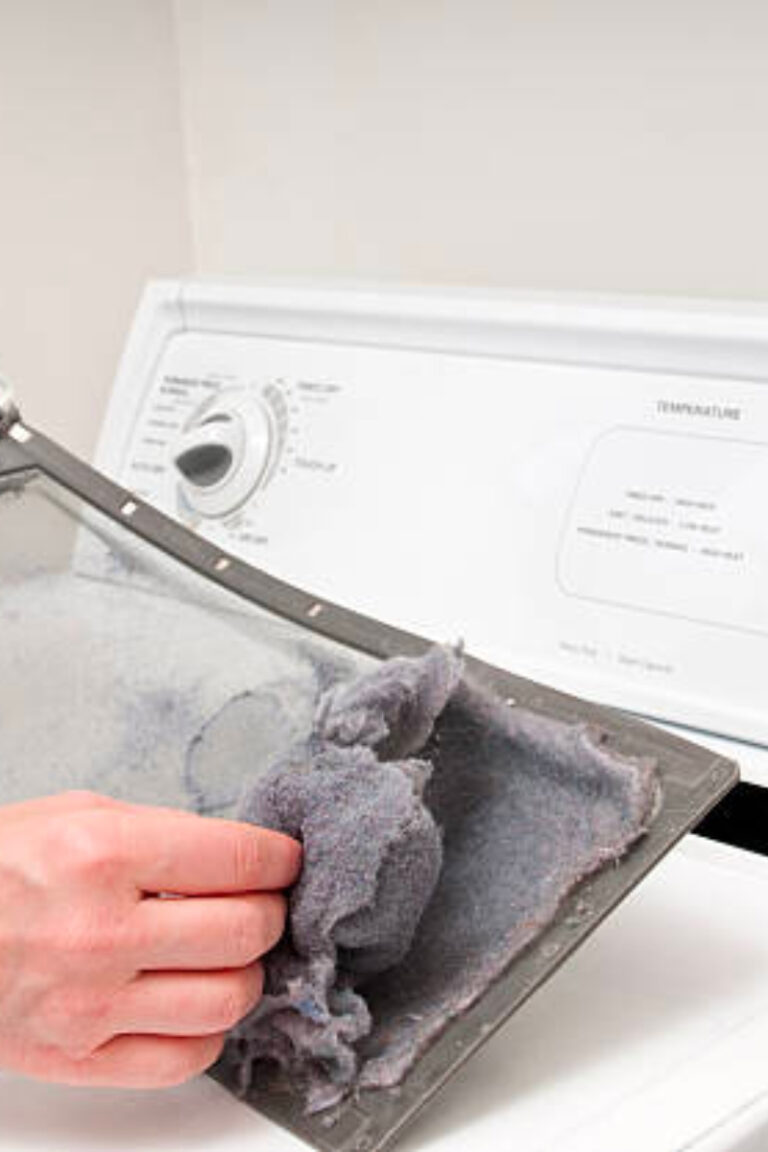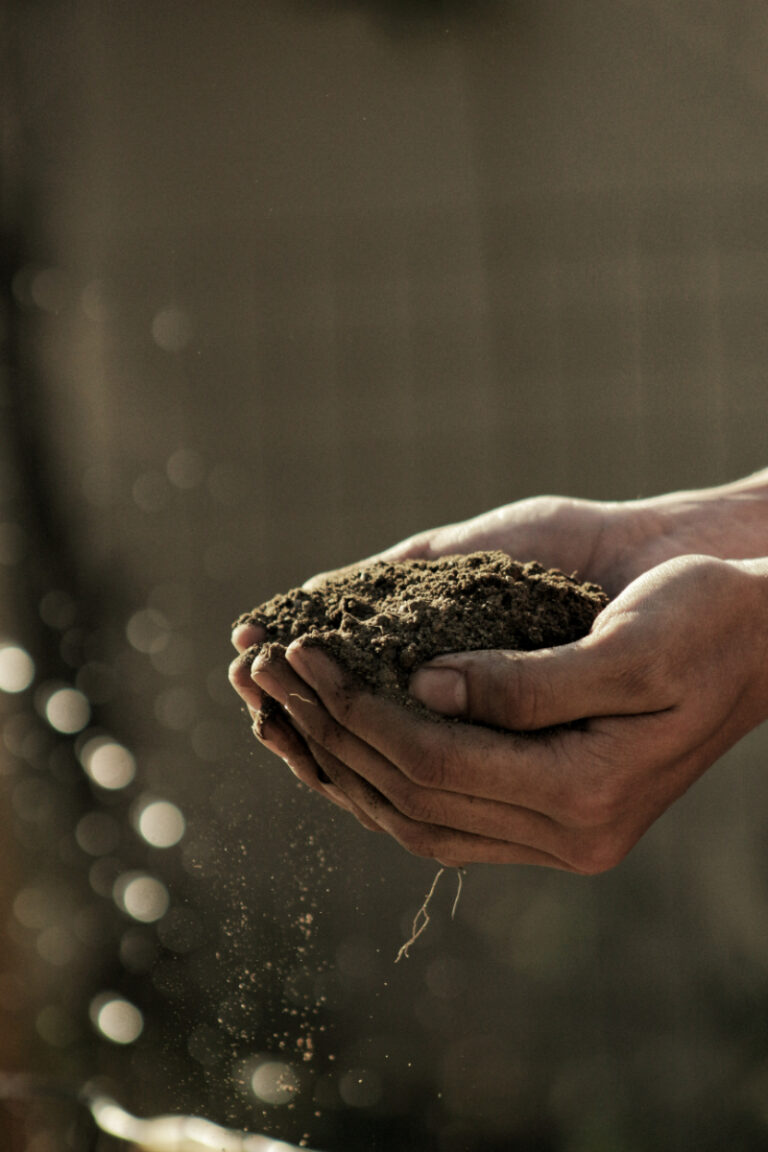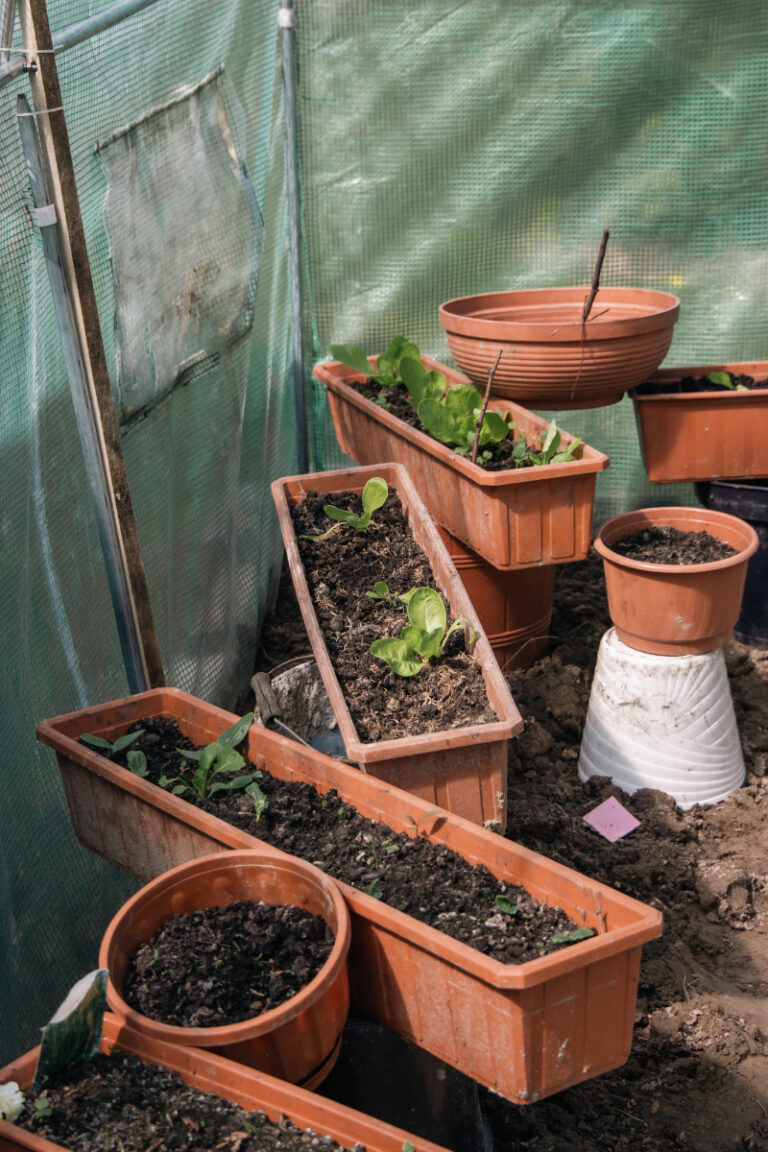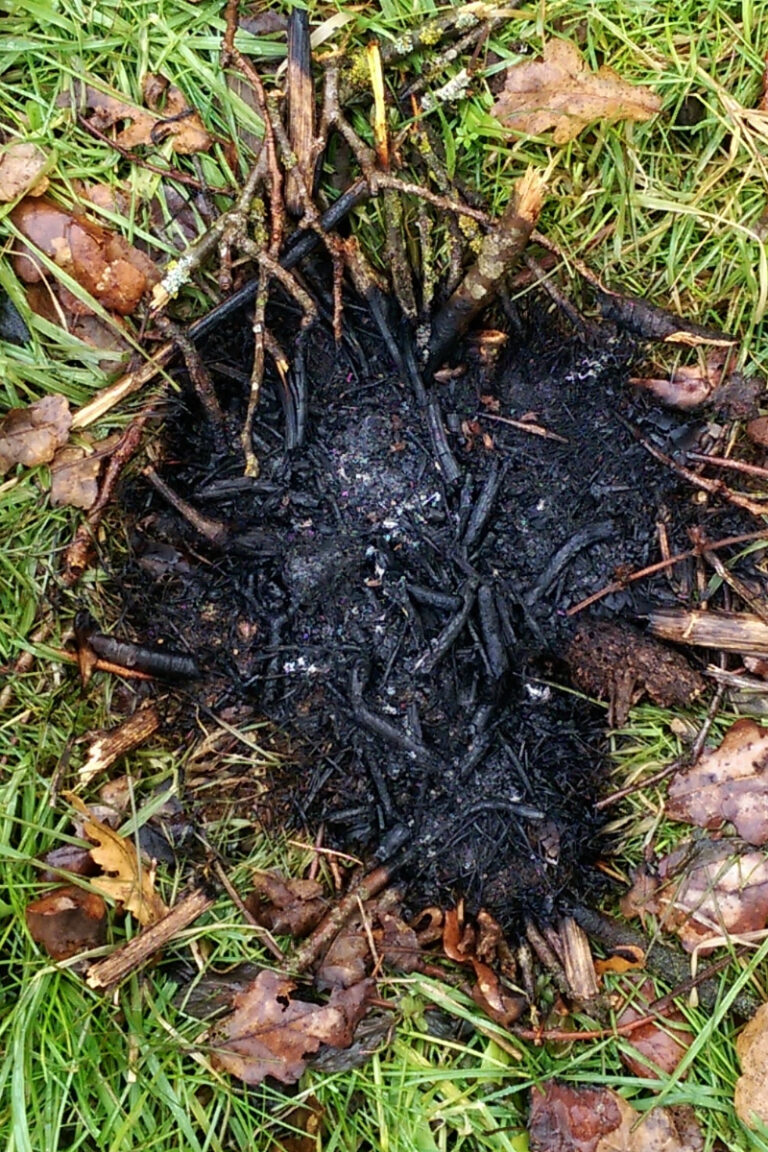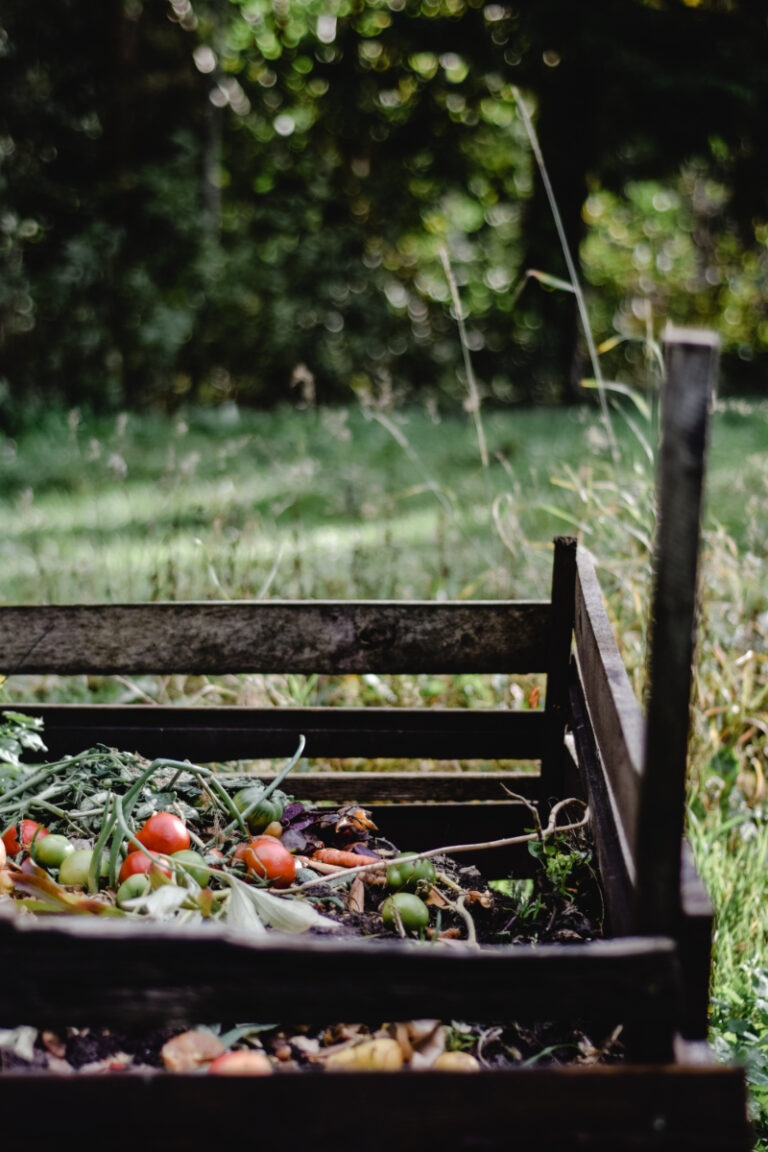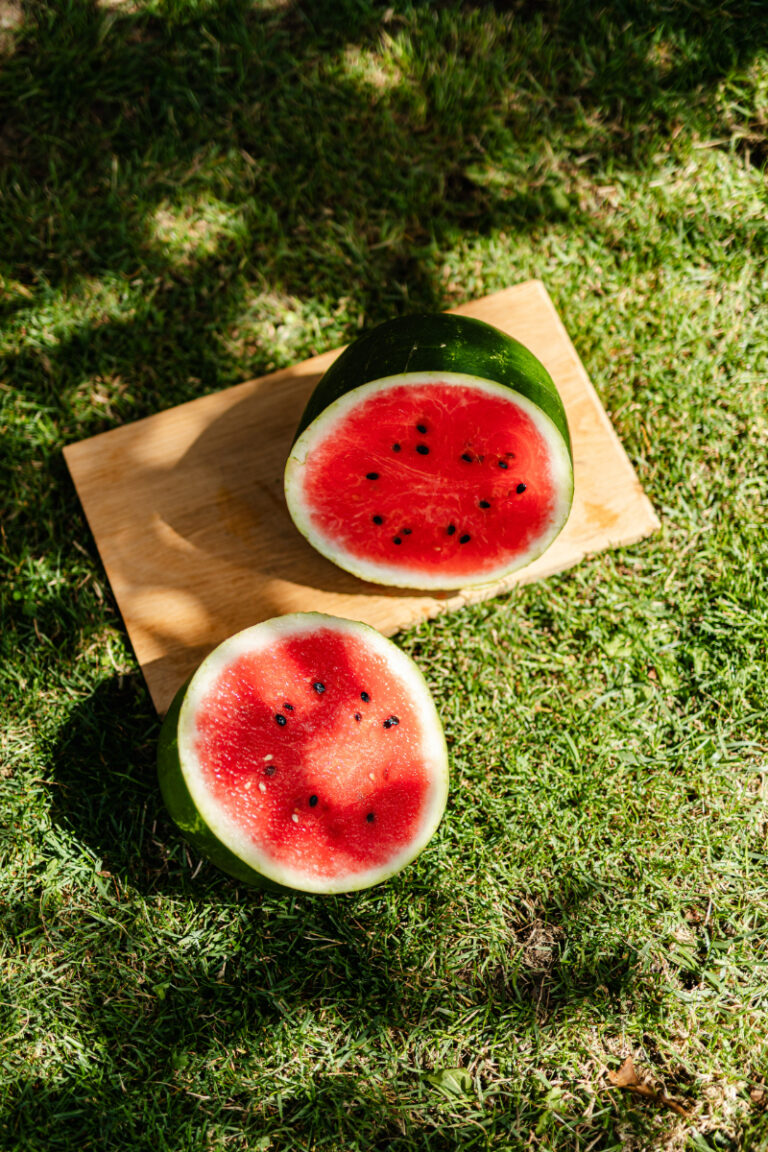Can You Compost Meat? Tips and Guidelines for Composting Meat Scraps
Composting is a great way to reduce food waste and create nutrient-rich soil for your garden. However, not all materials are suitable for composting.
One controversial material is meat. Can you compost meat scraps? The answer is yes, but it’s not as simple as just throwing them on the compost heap.
According to the EPA, composting meat and animal products can attract pests and create unpleasant odors. Raw meat, in particular, can be harmful as it may contain bacteria like E. coli or salmonella.
However, if done correctly, composting meat products can be safe and beneficial. It’s important to follow proper guidelines and use the right compost bin to prevent pests and odors – a compost bin with a lid and/or latch is highly recommended.
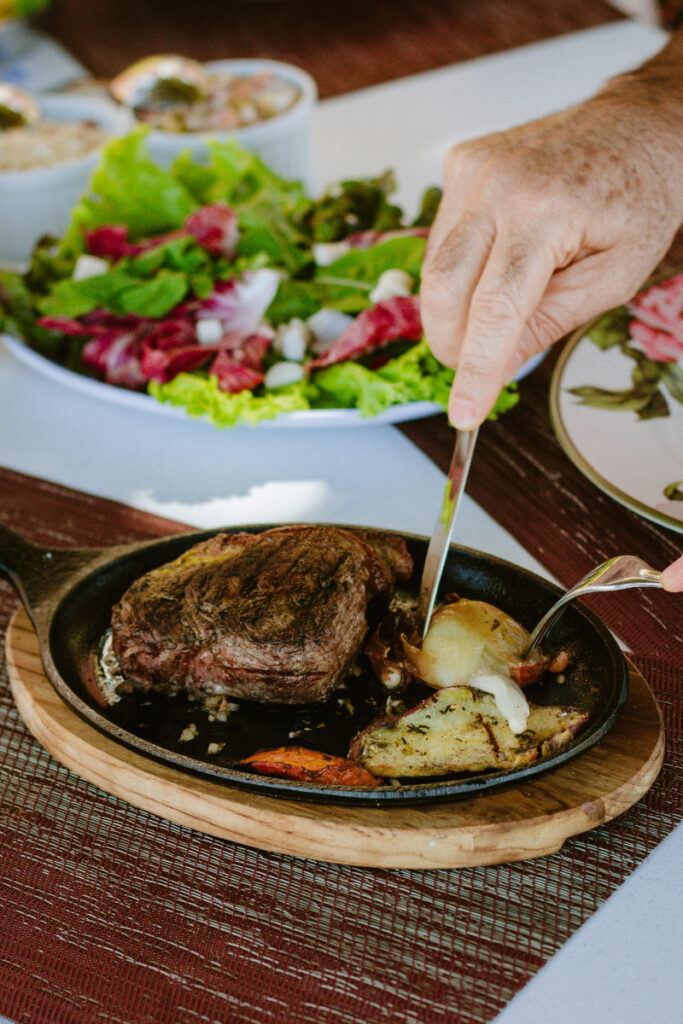
Can You Compost Meat?
If you’re wondering whether you can compost meat, the answer is yes, but there are a few things you need to take into consideration before you do so.
Understanding the Basics
Meat is an organic material, which means it can be composted. However, it’s important to note that meat takes longer to break down than other organic materials, which can lead to unpleasant odors and attract pests.
To compost meat products effectively, you need to make sure you have the right compost bin and add the right ingredients. Meat, animal parts and animal waste should be considered a green material in the context of composting.
For example, adding carbon materials on top of the meat can help reduce odors and prevent pests. You can also add other green materials to your compost to balance the carbon and nitrogen levels.
Potential Risks and Challenges
While composting meat is possible, it’s important to be aware of the potential risks and challenges. For example, meat can attract rodents and other pests, which can be a nuisance and spread disease. Meat can also produce unpleasant odors, which can be a problem if you live in a densely populated area.
Another potential risk is contamination. If the meat you’re composting is contaminated with harmful bacteria or other pathogens, it can spread to your compost and ultimately to your vegetable garden. To reduce the risk of contamination, it’s important to make sure the meat is cooked before you compost it.
In summary, composting leftover meat scraps is possible, but it requires careful consideration and attention to detail. By understanding the basics and being aware of the potential risks and challenges, you can compost meat safely and effectively.
Benefits of Composting Meat
Composting meat is a great way to reduce waste and create nutrient-rich soil for your garden. Here are some benefits of composting meat:
- Adds valuable nutrients: Meat contains high levels of nitrogen, which is essential for healthy plant growth. When you compost meat, you add this valuable nutrient to your soil, which helps your plants grow strong and healthy.
- Reduces waste: Composting meat is a great way to reduce waste in your home. Instead of throwing away meat scraps and bones, you can compost them and turn them into something useful.
- Saves money: Composting meat can also save you money on fertilizers and soil amendments. When you compost meat, you create a nutrient-rich soil that can help your plants grow without the need for expensive fertilizers.
- Easy to do: Composting meat is easy to do, and it doesn’t require any special equipment. All you need is a compost bin, some meat scraps, and a little bit of patience.
- Less odor: Contrary to popular belief, composting meat doesn’t have to be smelly. By using a hot composting system or a Bokashi system, you can compost meat without creating a foul odor.
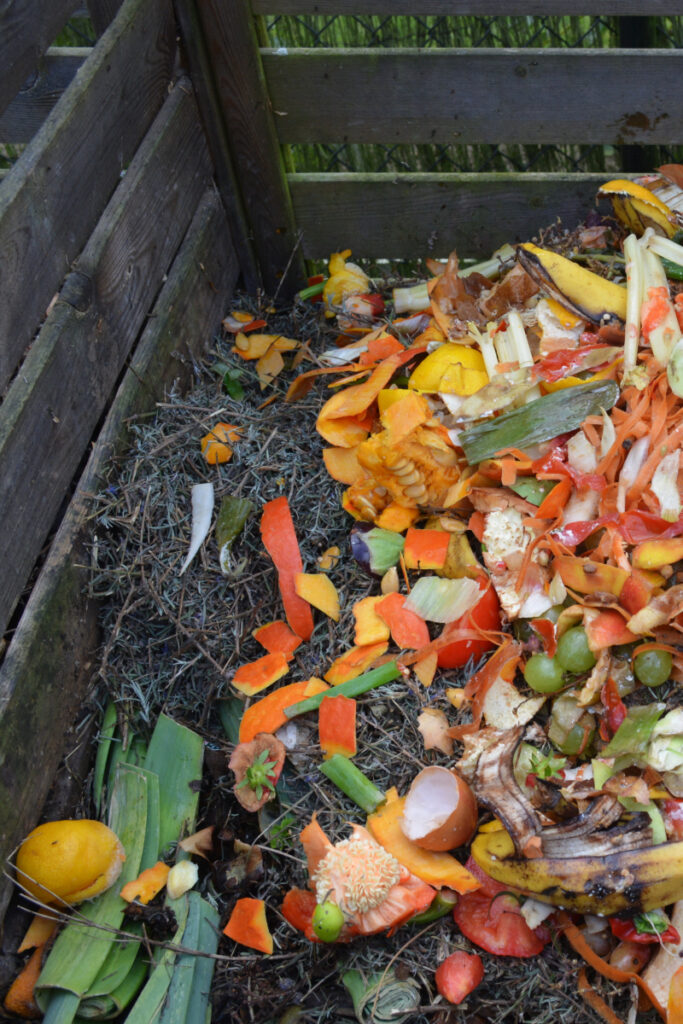
Methods of Composting Meat
Composting meat can be tricky, but it is possible with the right methods. Here are three popular methods for composting meat:
Bokashi Composting
Bokashi bin composting is a popular method for composting meat scraps. It involves fermenting the meat scraps with a special mix of microorganisms and bran.
The mixture is then placed in an airtight container and left to ferment for a few weeks. Once the fermentation process is complete, the meat can be added to a compost pile or buried in a trench.
Hot Composting
Hot composting is another effective method for composting meat. It involves creating a compost pile that heats up to high temperatures, which helps to break down the meat quickly.
To hot compost meat, you’ll need to create a hot compost pile that is at least 3 feet wide and 3 feet tall. Layer the meat scraps with other organic materials, such as leaves and grass clippings, and keep the pile moist. Turn the pile regularly to ensure that it heats up evenly. The internal temperature of the compost heap should be around 140 degrees.
Trench Composting
Trench composting is a simple and effective method for composting meat. It involves digging a trench in your garden and burying the meat scraps. Cover the scraps with soil and let them decompose naturally. This method is ideal for small amounts of meat scraps and is a great way to add nutrients to your garden soil.
Remember, when composting meat, it’s important to follow safety guidelines to prevent the spread of diseases such as e. coli. Always wear gloves when handling meat scraps, and be sure to wash your hands thoroughly after handling them.
Also, avoid composting meat that has been cooked with extra cooking oil or other fats, as these can attract pests and slow down the composting process.
Tips for Successful Meat Composting
Composting meat can be a bit challenging, but with a little care and attention, it can be done successfully. Here are some tips to help you compost meat and avoid any unpleasant odors or unwanted pests.
Use a Hot Composting Method
To compost meat successfully, you need to use a hot composting method. This method involves creating a large pile of compost that heats up to at least 140°F (60°C), which will help break down the meat and kill any harmful bacteria.
Consider using a compost bin that is specifically designed for hot composting, or create your own pile using a mix of browns and greens.
Chop Meat into Small Pieces
Chop meat scraps into small pieces before adding them to your compost pile. Smaller pieces will break down faster and reduce the risk of any unpleasant odors.
You can use a food processor or a sharp knife to chop the meat into small pieces, and be sure not to include meat bones or animal bones as they won’t decompose for MANY years.
Mix Meat with Other Compostable Materials
To avoid any unpleasant odors, it’s important to mix meat scraps with other compostable materials, such as fruits and vegetables, egg shells, coffee grounds, and yard waste.
This will help balance the nitrogen and carbon in your compost pile and prevent any one material from dominating the mix.
Cover Meat with Other Materials
Another way to reduce odors and prevent pests is to cover the meat scraps with other compostable brown materials – wood chips, dried leaves or other garden waste is perfect for this.
This will help keep the meat scraps from being exposed to the air, limiting wayward smells, and reduce the risk of attracting unwanted critters.
Monitor the Temperature of Your Compost Pile
To ensure that your compost pile is working properly, it’s important to monitor the temperature regularly. Use a compost thermometer to check the temperature of your pile at least once a week.
If the temperature drops below 140°F (60°C), turn the pile and add more greens to increase the nitrogen content.
Be Patient
Composting meat takes time, so be patient. It can take several weeks or even months for meat scraps to break down completely.
Keep adding new materials to your compost pile and turning it regularly to ensure that it stays hot and active. With time and attention, you can successfully compost meat and create a rich, nutrient-dense soil amendment for your garden.
Conclusion
In conclusion, composting meat scraps is a controversial topic in the world of composting. While it is possible to compost meat, there are several factors to consider before adding it to your compost pile.
Firstly, composting meat can create a foul odor that may attract unwanted pests such as rodents and flies. Secondly, it can take longer to break down compared to other organic matter, which can slow down the composting process.
However, if you choose to compost meat, it is important to do it safely. Make sure to bury the meat scraps deep within the compost pile and cover them with a layer of other organic matter. This will help prevent the odor from spreading and reduce the risk of attracting pests.
Ultimately, the decision to compost meat is up to you. If you have a small compost pile and limited space, it may be best to avoid adding meat scraps altogether.
However, if you have a large compost pile and are willing to put in the effort to compost meat properly, it can be a great way to reduce waste and create nutrient-rich soil for your garden.
Frequently Asked Questions
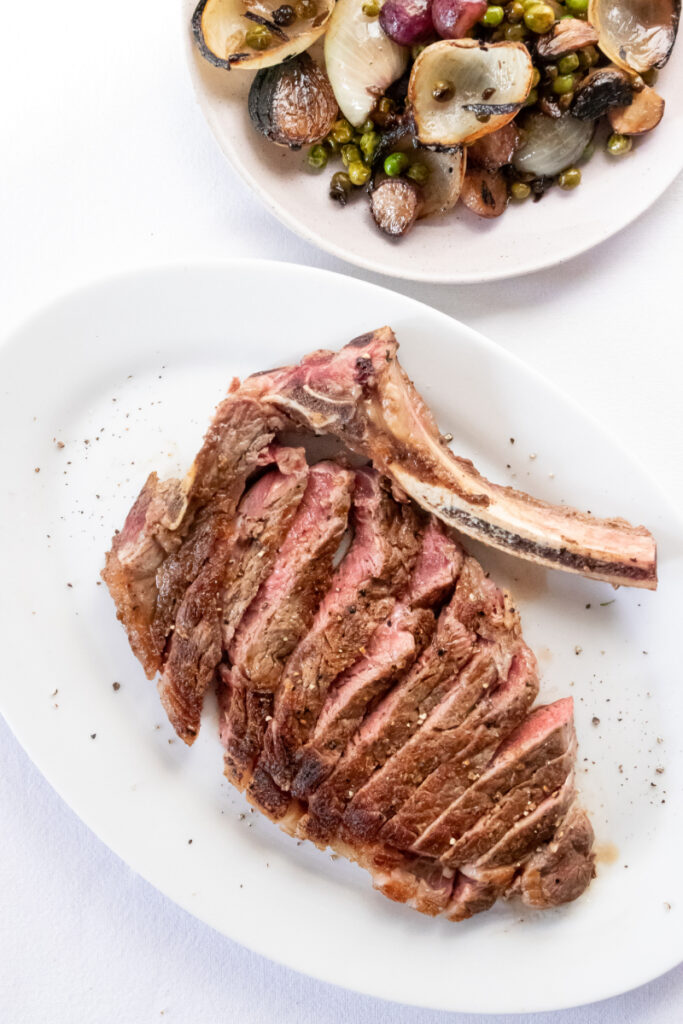
Q: What should I do with meat scraps instead of composting them?
A: It is recommended to dispose of meat scraps in the trash, as composting meat can attract pests and produce a bad smell.
However, you can also consider burying food scraps in a hole in your yard, away from any plants or vegetables. Plant them deep enough so animals aren’t digging them up.
Q: Is it okay to compost fish?
A: Composting fish is generally not recommended, as it can attract pests and produce a bad smell. Fish scraps can also contain high levels of oil and fat, which can negatively impact the composting process.
Q: Can dairy products be composted?
A: Dairy products should not be composted, as they can attract pests and produce a bad smell.
Additionally, dairy products can be difficult to break down in a compost pile, which can lead to a decrease in the overall quality of the compost.
Q: Why is it not recommended to compost meat and dairy?
A: Meat and dairy products can attract pests and produce a bad smell when composted. Additionally, these products can take a long time to break down, which can negatively impact the composting process.
Finally, composting meat and dairy can also increase the risk of dangerous bacteria and pathogens in the compost.
Q: What are some alternatives to composting meat?
A: Instead of composting meat, you can consider disposing of it in the trash or burying it in a hole in your yard. You can also consider feeding meat scraps to your pets, as long as it is safe for them to consume.
Q: How can I compost cooked meat safely?
A: If you choose to compost cooked meat, it is important to bury it deep in the compost pile, away from the surface. This can help prevent pests and reduce the overall smell of the compost.
Additionally, it is recommended to only compost small amounts of cooked meat at a time, to avoid overwhelming the compost pile.

